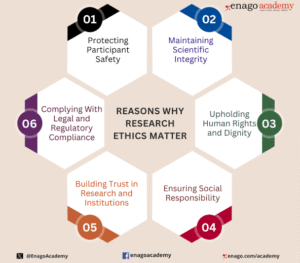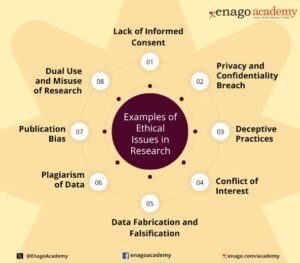Back to: MICROBIOLOGY 200 LEVEL
Welcome to class!
Hello, brilliant one! I’m so glad you’re here today. This topic is special because it goes beyond science into something that concerns all of us — our values, beliefs, and responsibilities. Today, we’re learning about Ethical Considerations in science, especially as it relates to gene editing and microbiology. Let’s talk like we’re having a thoughtful conversation, just you and me.
Ethical Considerations
Imagine you had the power to change anything — from how crops grow to preventing diseases even before birth. That sounds amazing, right? But now think about this: Should we change everything just because we can? That’s where ethics comes in.

Ethics is about asking the important questions: Is it right? Is it fair? Who does it benefit? Who might it harm? In science, especially with powerful tools like CRISPR and genetic engineering, these questions are just as important as the science itself.
What Are Ethical Considerations?
Ethical considerations are the moral and societal questions that must be asked when using scientific knowledge. It’s about doing what is right, responsible, and respectful — not just what is possible.
Why Ethical Considerations Matter in Gene Editing and Microbiology
Safety Concerns
What if edited genes cause harmful side effects?
Who ensures that gene editing is properly tested before use in humans or the environment?
Access and Fairness
If gene therapy is expensive, will only the rich benefit while others are left behind?
How do we ensure fairness and equal access?
Consent
Can unborn babies give consent to have their genes changed?
What if someone is edited without knowing?
Long-term Effects
What if the changes passed down to future generations cause unexpected problems?
Are we prepared to handle such long-term risks?
Cultural and Religious Beliefs
In many African cultures, tampering with nature raises serious spiritual or moral concerns.
We must respect people’s beliefs and engage communities before making decisions.
Environmental Risks
Altering bacteria or crops might affect the balance of the environment.

What happens if genetically modified organisms escape into nature?
Real-Life Example
When scientists in China edited the genes of twin babies to prevent HIV, the world reacted with shock. Many believed it was rushed and irresponsible. The scientist involved was later punished for ignoring ethical rules.
Summary
- Ethical considerations help guide the responsible use of science.
- They ask questions about safety, fairness, consent, and long-term effects.
- In gene editing, ethics ensures that we don’t harm people or the environment.
- Cultural and religious beliefs must be respected in scientific decisions.
- Ethical thinking is just as important as scientific skill in making good choices.
Evaluation
- What are ethical considerations in science?
- Why is it important to think about safety in gene editing?
- Mention one ethical issue related to consent.
- Why should cultural beliefs be respected in scientific research?
- Give an example of how ignoring ethics can lead to controversy.
I’m truly proud of you. Today, you didn’t just learn about science — you learned how to use it wisely. That’s what true leaders do. With your growing knowledge and heart for what’s right, the future of Africa and the world is in good hands. Keep learning and questioning — Afrilearn is here with you every step of the way. See you next class!
